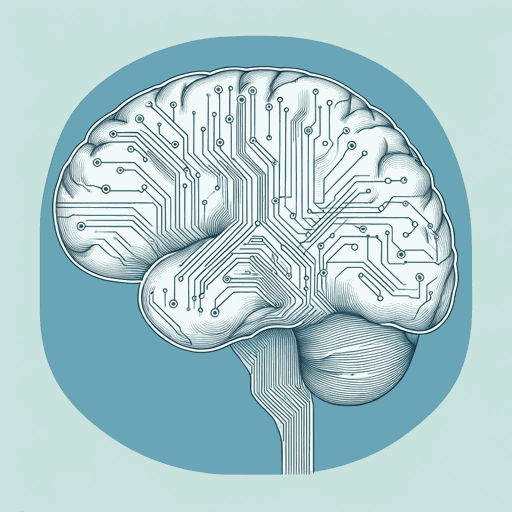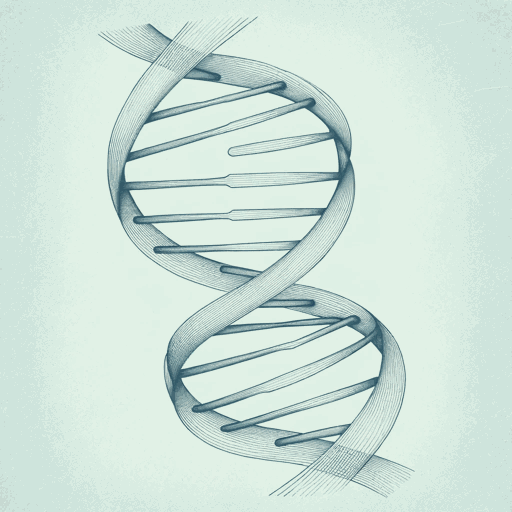50 pages • 1 hour read
Yuval Noah HarariHomo Deus: A Brief History of Tomorrow
Nonfiction | Book | Adult | Published in 2015A modern alternative to SparkNotes and CliffsNotes, SuperSummary offers high-quality Study Guides with detailed chapter summaries and analysis of major themes, characters, and more.
Chapter 1Chapter Summaries & Analyses
Chapter 1 Summary: “The New Human Agenda”
Harari posits a transformative vision of humanity’s progress and future challenges. He begins with a metaphorical awakening of humanity at the dawn of the third millennium, reflecting on the historical nightmares of war, famine, and plague. Harari notes that for centuries, these three calamities dominated the human agenda, seemingly insurmountable and integral to existence. However, he argues that recent decades witnessed a pronounced shift: These foes have been transformed from unmanageable natural forces into challenges that, while not entirely solved, are now largely within humans’ control.
The Quest for Control: Overcoming Famine, Plague, and War
Harari details each of these three scourges, starting with famine. Historically, famine was a constant and deadly threat, with entire societies living close to starvation. He illustrates this with accounts from past famines, like the French famine of 1694, where people resorted to eating unclean sources of food due to extreme scarcity. Yet, in the contemporary world, Harari observes a significant change: Advancements in technology, economics, and politics have created a safety net, turning natural disasters into opportunities for trade and aid, thus reducing the prevalence of famine. While hunger and malnutrition persist, they no longer lead to the mass deaths of the past.
The discussion then moves to plagues and infectious diseases, humanity’s second great enemy.
Related Titles
By Yuval Noah Harari



